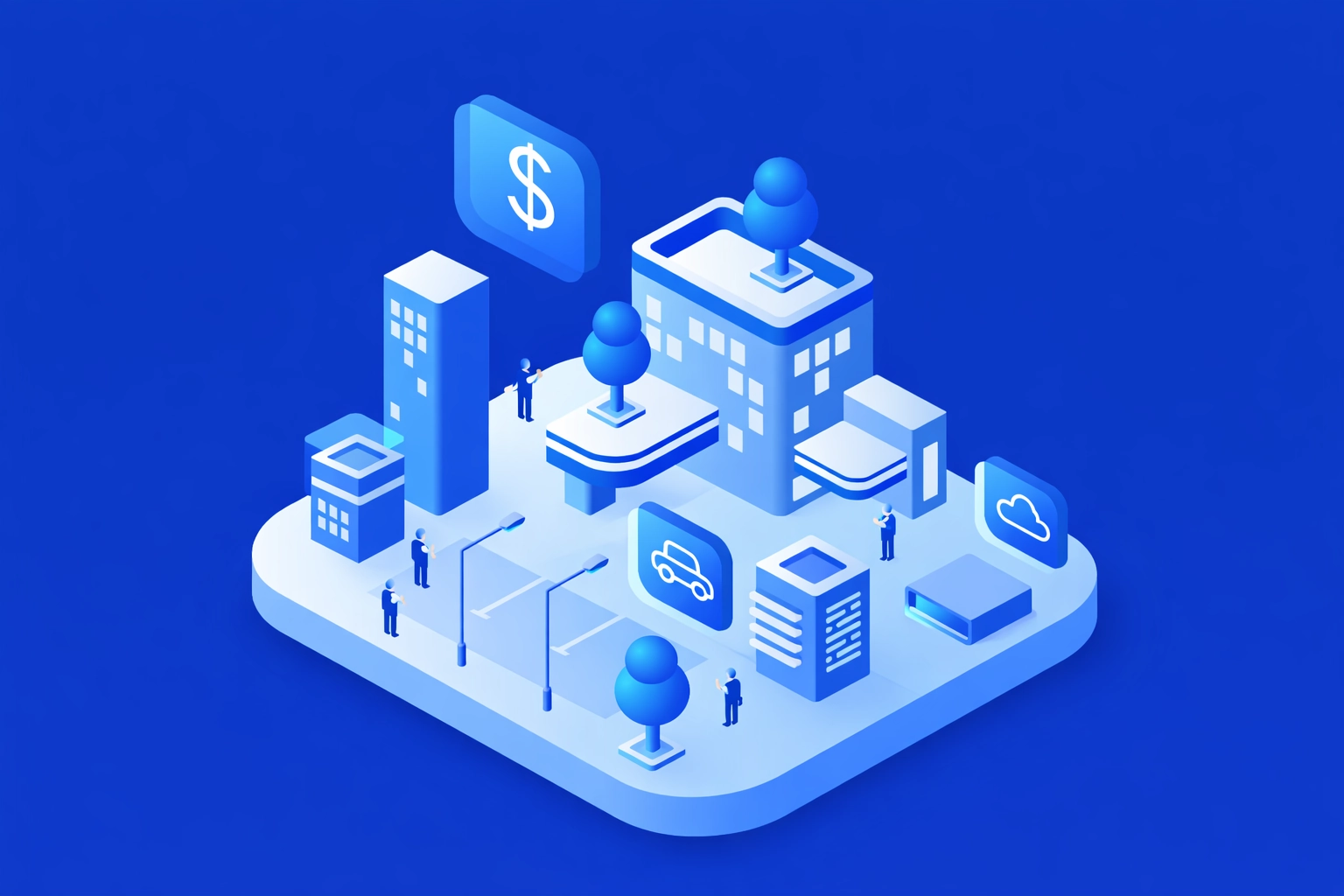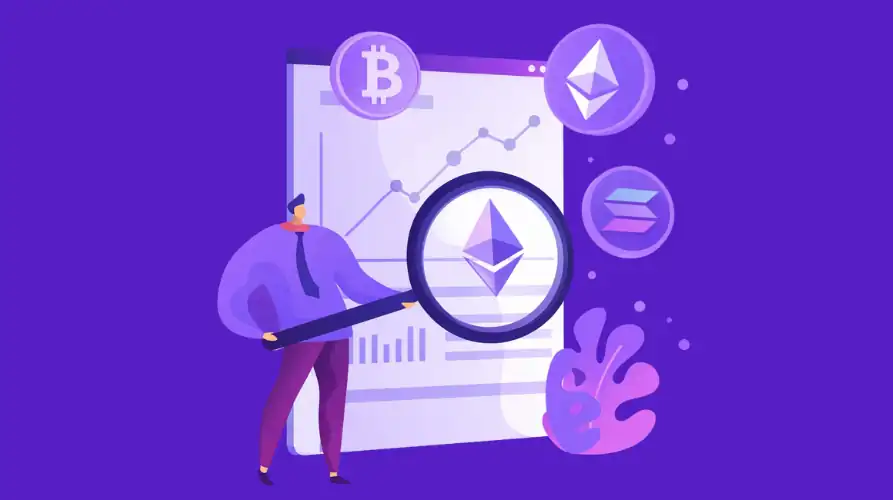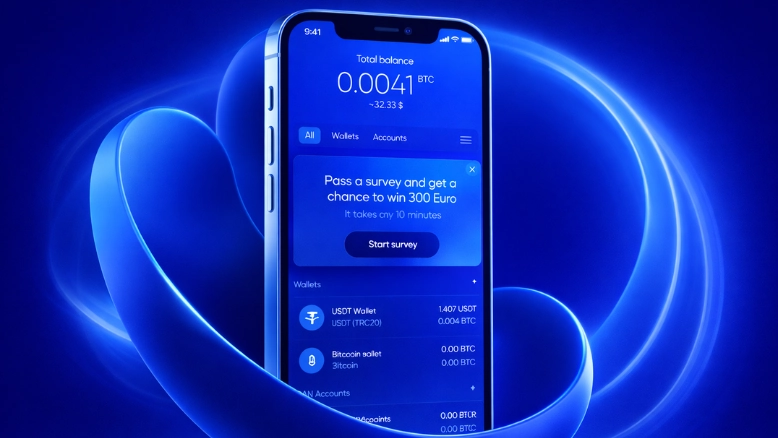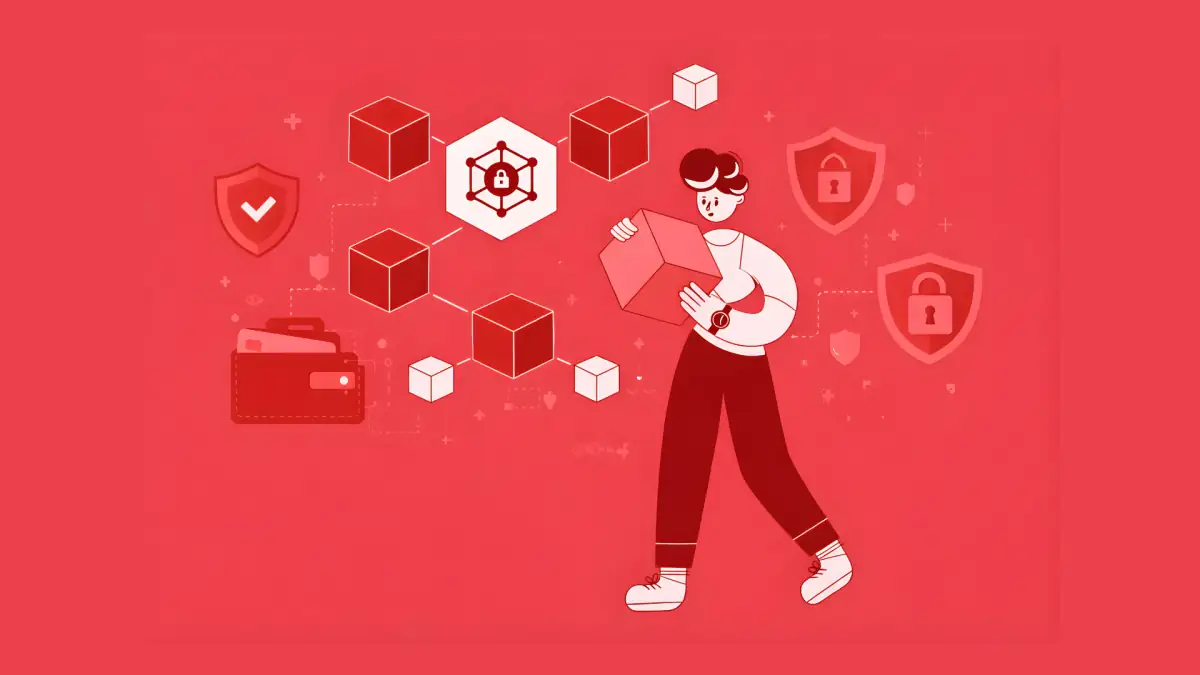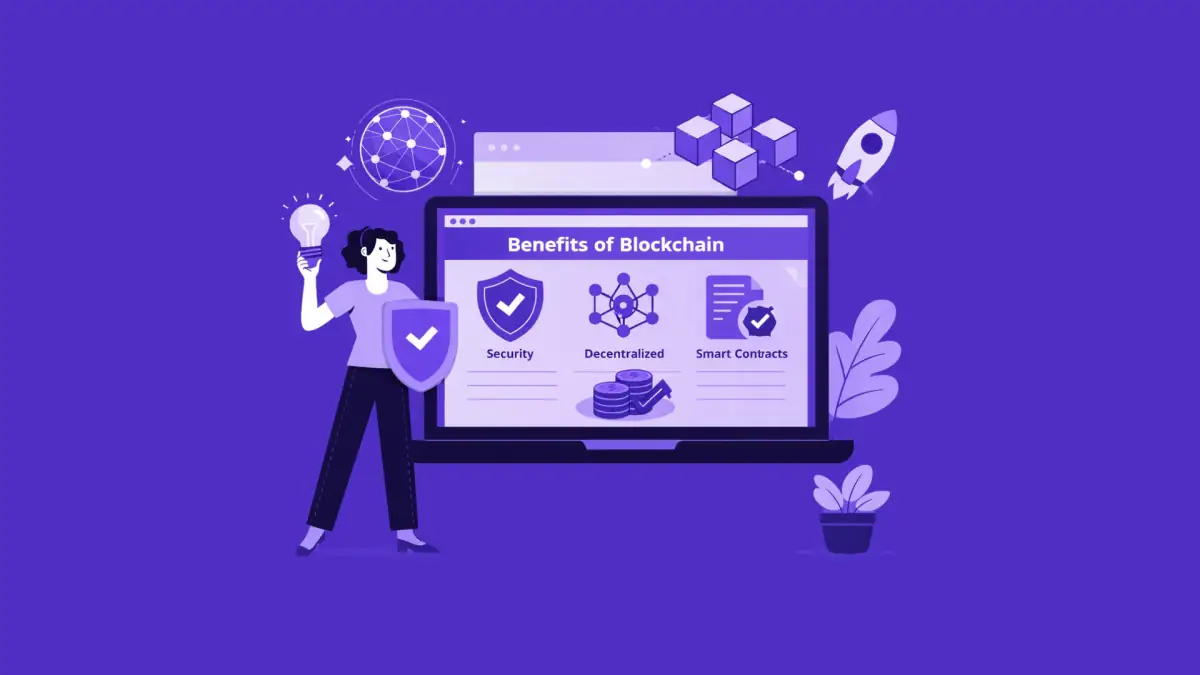Oracles play a crucial role in blockchain by bridging the gap between decentralized networks and real-world data. While blockchain enables secure, transparent systems across industries, integrating external data remains a major challenge. Real-world data oracles solve this by feeding trusted information into smart contracts, making blockchain applications more practical and connected to real-world events.
What is a Blockchain Oracles?
Blockchain Oracles are tools that verify and transmit external data to blockchain networks like Bitcoin and Ethereum, using game theory to reward accuracy and punish false information. They do not create contracts or secure transactions; they only provide information. Oracles retrieve real-world data from sources such as IoT devices and websites and then make it available on the blockchain through smart contracts. It allows developers to embed trusted and immutable data into their Smart Contracts, acting as a Chain of Trust API.
Types of DSN
-
Inbound Oracles
These provide data from the external world to the blockchain, such as financial data, weather updates, or sports scores.
-
Outbound Oracles
These send information from the blockchain to the external world, triggering events like payment systems or updating non-blockchain databases.
-
Consensus-based Oracles
These rely on multiple data sources and consensus mechanisms to ensure data accuracy and reliability.
-
Human Oracles
Individuals with specialized knowledge act as oracles, manually verifying and inputting data into the blockchain.
-
Centralized Oracles
Centralized are controlled by a single entity. This means that they’re solely responsible for the information sent to a smart contract. While this type of oracle lacks the trustworthiness for a DeFi application built on a public blockchain, it can be suitable for a logistics company to monitor its supply chain on a private blockchain. However, a single point of failure remains.
-
Decentralized Oracles
Compared to centralized oracles, decentralized oracles produce data that can be verified by multiple sources and is therefore more trustworthy. They aim to eliminate counterparty risks by relying on multiple oracles to determine a reliable source of truth, which is why they are also referred to as consensus oracles.
Examples of Oracles Being Used in the Real World
-
DeFi (Decentralized Finance)
Chainlink: Provides price feeds for platforms like Aave and Compound, ensuring accurate asset prices for lending and borrowing.
Uniswap: Uses oracles to set trading pair prices, maintaining fair and transparent trading.
-
Insurance
Etherisc: Automates insurance payouts for flight delays using real-time flight data.
Arbol:Uses weather data to trigger insurance payouts for farmers based on conditions like rainfall.
-
Supply Chain
VeChain: Tracks products using IoT devices, providing real-time data on location and condition. IBM Food
Trust: Ensures food traceability from farm to table using blockchain and oracles.
-
Gaming and NFTs
Axie Infinity: Fetches off-chain data for in-game assets to maintain fairness.
Chain Link VRF: Provides random number generation for games and NFT drops to ensure fairness.
-
Healthcare
Solve Care: Verifies healthcare data to automate processes like insurance claims.
Medi Ledger: Tracks pharmaceuticals to ensure drug authenticity and combat counterfeits.
-
Sports and Betting
Augur: Resolves bets on sports events by fetching final results through oracles.
Chiliz: Uses real-time data for fan tokens and interactive sports experiences.
-
Energy and Environment
LO3 Energy: Manages peer-to-peer energy trading using data from energy production and consumption.
Climate Chain Coalition: Tracks carbon credits and environmental data for transparency in carbon offsetting.
How do Oracles Gather Data?
An oracle gathers data depending on what information a developer wants to input. Sources of these data feeds may be physical or software. An oracle that only keeps track of online data might get its information from APIs on centralized Cryptocurrency Exchanges. On the other hand, physical devices like a thermostat or a QR scanner can provide data to hardware oracles.
In a Blockchain Application, decentralized crypto oracles are distinct in that they rely on many node operators for data transport, validation, and querying. These crypto oracles’ decentralized architecture contributes to the validity of their on- or off-chain data. The likelihood of errors is decreased because each data point must be verified by a large number of validators.
Benefits of Using Blockchain for Real-World Data Oracle
-
Decentralization
Less reliance on single data providers.
Reduced risk of data manipulation.
-
Security
Permanent, tamper-proof records.
Verified data integrity through cryptography.
-
Transparency
Publicly recorded transactions for easy audits.
Clear traceability and accountability.
-
Reliability
Consensus mechanisms ensure data accuracy.
Data cross-verified from multiple sources.
-
Efficiency
Automated transactions via smart contracts.
Lower operational costs due to fewer intermediaries.
-
Interoperability
Facilitates communication between different blockchains.
Standardizes data formats for easier integration.
-
New Possibilities
Enables smart contracts to interact with real-world data.
Provides crucial real-time data for decentralized finance (DeFi) applications.
Implementing Oracles in Blockchain
Deploying blockchain oracles is a multifaceted process that is essential for the secure and efficient integration of real data in distributed applications (dApps). This starts with a careful understanding of the data requirements of dApps, which includes identifying the types and sources of data needed. Choosing the right Oracle Solution is then key, taking into account key factors such as decentralization, security, and scalability. Once an oracle solution is selected, its integration with Oracle in Smart Contract enables seamless communication and information, forming the backbone of the oracle system.
Setting up oracle nodes is a critical step, as they are responsible for retrieving, verifying and transmitting real-world data to the blockchain. Consolidation and decentralization across multiple oracle nodes is critical for reliability and resilience. Combining data from different sources and rigorous verification processes ensure data accuracy and integrity. Structured data channels compatible with smart contracts and dApps are created to facilitate access. Security measures, including encryption techniques and encryption, protect data transmission, while continuous testing, audits and community governance mechanisms ensure the integrity and relevance of the oracle network over time.
Challenges and Considerations
-
Data Accuracy
Ensuring the accuracy and reliability of external data sources is a significant challenge. Malicious actors might attempt to manipulate data fed into smart contracts through compromised oracles.
-
Security Risks
Oracles represent potential security vulnerabilities, as they introduce points of failure and attack vectors into blockchain systems.
-
Centralization vs. Decentralization
The degree of centralization in oracle solutions can impact trust and security. Decentralized oracle networks aim to mitigate centralization risks through distributed consensus mechanisms.
-
Cost and Performance
Oracle services may incur costs, both in terms of fees for data retrieval and computational resources required for processing and verifying data.
Future Developments in Blockchain for Real-World Data Oracles
The future of blockchain oracles promises exciting possibilities. One of the key areas is the integration of artificial intelligence (AI), which improves the ability of oracles to process and validate massive amounts of data, making smart contracts more dynamic and responsive. Improving security and scalability is also critical, as innovations such as distributed models and advanced encryption techniques ensure data integrity and handle increased workloads without compromising security.
Additionally, the integration of oracles with new technologies such as Decentralized Autonomous Organizations (DAOs) and Non-Fungible Tokens (NFTs) opens up new use cases, such as through decentralized governance and asset tokens. These advances promise to revolutionize sectors such as finance, supply chain management and healthcare by increasing efficiency and transparency.
How Nadcab Labs’ Data Oracles Benefit Your Business?
Nadcab Labs is creating a positive global impact with its Blockchain Consulting Services by integrating real data oracles. By incorporating these oracles, Nadcab Labs improves the reliability and accuracy of blockchain applications. This integration enables the use of real-time trusted data in smart contracts and other blockchain solutions, increasing efficiency and trust across industries. Their innovative approach helps companies make better decisions and streamline operations, ultimately improving global financial and operational results.
Author Profile
Vartika Krishnani works at Nadcab Labs, helping businesses thrive online through effective SEO strategies that ensure they stand out on the internet. At Nadcab Labs, our mission is to drive business growth using cutting-edge technologies like blockchain and smart digital marketing.
Reviewed & Edited By

Aman Vaths
Founder of Nadcab Labs
Aman Vaths is the Founder & CTO of Nadcab Labs, a global digital engineering company delivering enterprise-grade solutions across AI, Web3, Blockchain, Big Data, Cloud, Cybersecurity, and Modern Application Development. With deep technical leadership and product innovation experience, Aman has positioned Nadcab Labs as one of the most advanced engineering companies driving the next era of intelligent, secure, and scalable software systems. Under his leadership, Nadcab Labs has built 2,000+ global projects across sectors including fintech, banking, healthcare, real estate, logistics, gaming, manufacturing, and next-generation DePIN networks. Aman’s strength lies in architecting high-performance systems, end-to-end platform engineering, and designing enterprise solutions that operate at global scale.

